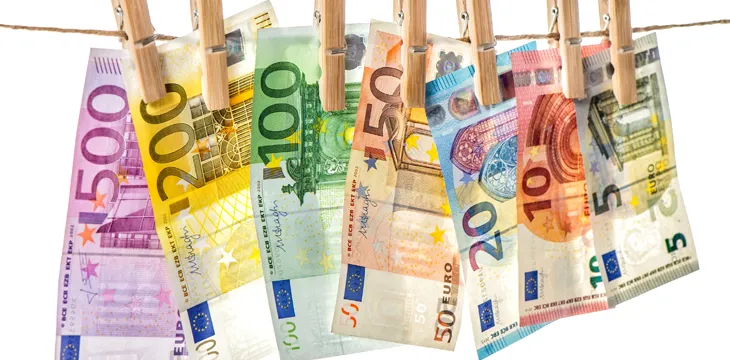|
Getting your Trinity Audio player ready...
|
A new directive, established by the European Union (EU), has been accepted by Ireland’s Cabinet according to a report by the Irish Times. The legislation establishes criteria for financial watchdogs across Europe to monitor and regulate cryptocurrencies for activity related to money laundering and terrorism financing and was put in motion by the EU in July of last year.
The directive, the Fifth Anti-Money Laundering (AML) Directive, was updated to include crypto platforms and wallet developers and to disallow anonymity in bank and savings accounts. It was also created to enhance communications capabilities and information exchange between authorities and is required to be incorporated into national laws in respective EU countries by January 20 of next year.
In approving the directive, Ireland established the Criminal Justice (Money Laundering and Terrorist Financing) (Amendment) Bill 2019 and created tougher language for existing language related to financial oversight. It now includes, among other aspects, the use of “virtual currencies for terrorist financing and limiting the use of prepaid cards.”
Ireland’s Minister of Justice, Charlie Flanagan, explained, “The reality is that money laundering is a crime that helps serious criminals and terrorists to function, destroying lives in the process … Criminals seek to exploit the EU’s open borders and EU-wide measures are vital for that reason. Ireland strongly supports the provisions in the fifth EU money laundering directive.”
The bill still needs to be approved by the country’s full government. If that approval is given, financial institutions in Ireland will be obligated to conduct additional due diligence on new customers and might prevent anonymous safe deposit boxes from being issued. The bill also gives the Garda and the Criminal Assets Bureau the authority to access bank accounts and records during investigations related to money laundering.
The EU is pushing forward with crypto regulations to help ensure the space can evolve in a logical manner. It has created several workgroups to formulate policies and the EU Blockchain Observatory and Forum last month submitted a report stating that digital versions of national currencies that are launched on a blockchain have great potential. The group asserted, “Putting digital versions of national currencies on the blockchain means they could then become integral parts of smart contracts. That would unlock much of the potential innovation of blockchain by allowing parties to create automated agreements, including direct transactions in these currencies, instead of having to use a cryptocurrency as a proxy.”

 07-01-2025
07-01-2025 





